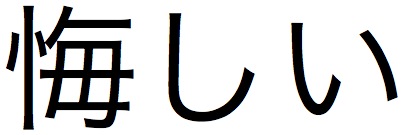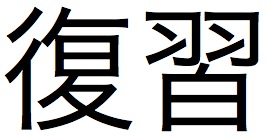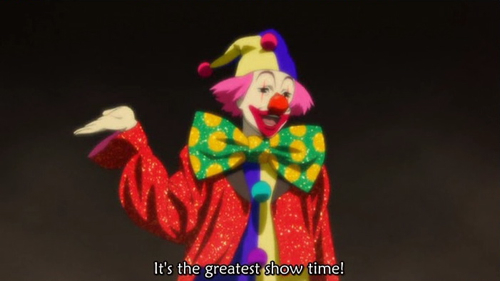When I wrote my last post, I never imagined that I would have an opportunity to use やられた so soon. Well, here it goes: 英語の文法用語にやられた!
As I’m sure many of you have noticed, someone rightfully called me out for mistakenly saying “passive tense” instead of “passive voice” in my Japan Times article “Stop worrying and embrace the passive tense.” (Judging from my bit.ly stats, more of you followed the link to the letter to the editor than the actual article!)
In my defense, I do use “passive voice” at times in the article, so I knew there was some sort of difference between voice and tense, but the letter to the editor certaintly cleared it up. I guess before I thought that “tense” meant “verb conjugation,” which the Japanese passive is, but apparently this is not what tense is.
The main point of my article is not diminished by this (minor?) semantics issue: the Japanese passive is awesome, and you best get used to it, son. The sooner you can take off the floaties (it’s been years since I’ve used the floaties metaphor, apparently) and swim in the deep end without any subjects or objects, the sooner you will be doing real, live Japonese.
So please do continue to call me out for my inadequacies…especially if they are English inadequacies. That I can handle. I only take offense when my Japanese is corrected. NOT!







